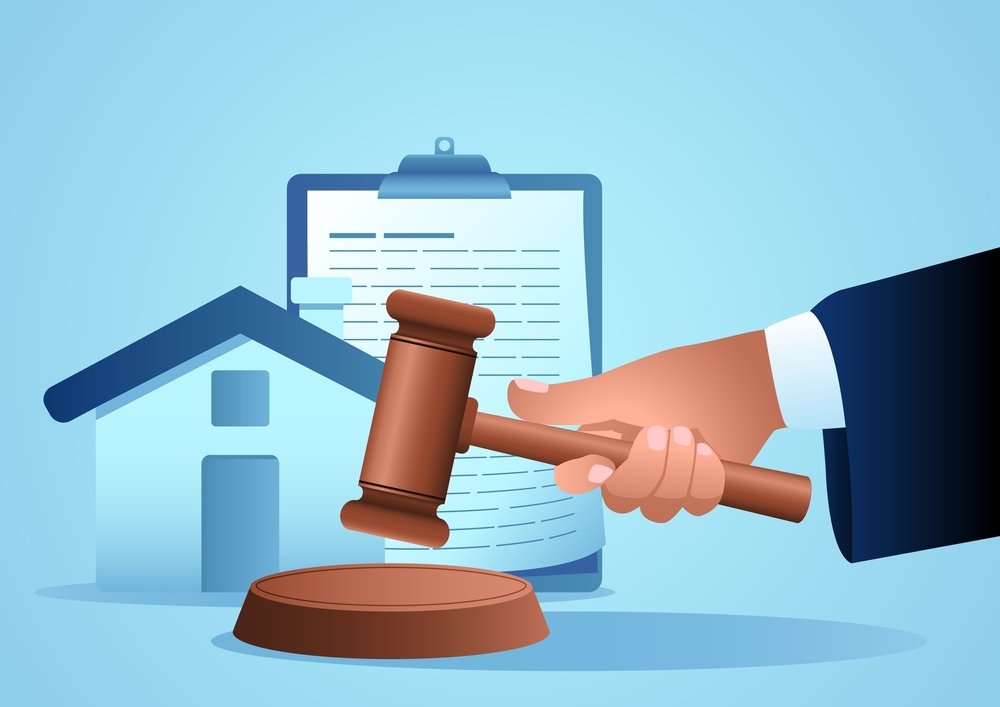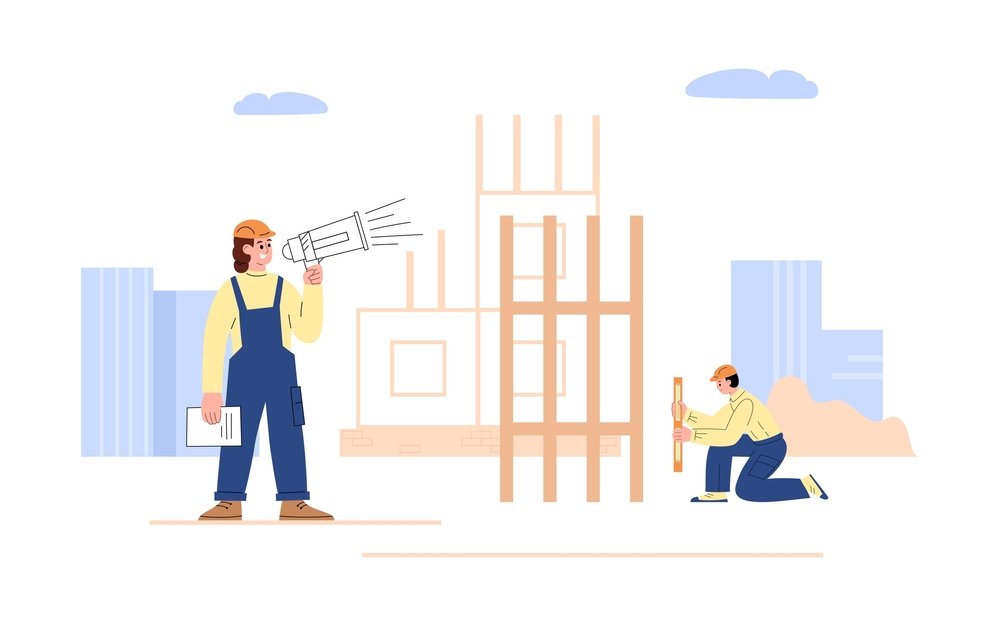If an employee is facing repeated late salary payments, the first course of action will be to raise the matter with the employer through formal communication. It is most advantageous to retain all communications, such as emails or letters, that request payment on time as a record. According to Section 3 of the Payment of Wages Act 1936, it is the duty of every employer to make timely payments to their workers, and any delay in payment is a violation of this Act. Employees must remind their employers of their legal responsibility and insist on a quick resolution to the issue. In case the employer does not respond or the situation is not improved, the employee can proceed with the procedure by making a grievance to the labor authority or the inspector in their locality. In compliance with the Payment of Wages Act, of 1936, if a worker faces persistent salary payment delays, they can turn to the authority specified in Section 15. Section 1(6) of the Payment of Wages Act,1936 originally applied to employees receiving wages up to ₹18,000 per month, with a provision allowing the Central Government to periodically revise the wage limit based on the Consumer Expenditure Survey published by the National Sample Survey Organisation. Pursuant to this provision, the Central Government issued a notification extending the Act’s applicability to employees receiving wages up to ₹24,000 per month, effectively increasing the previous wage ceiling and expanding the Act’s protective scope to a larger segment of workers, thereby ensuring continued relevance and alignment with evolving economic conditions and wage structures. This clause empowers the government to appoint an officer who will deal with the issues of wage deductions and delays. Workers or their representatives can submit a request within a period of twelve months from the day the wages should have been paid or were deducted. The authority has to listen to both parties and after conducting the investigations, it can order the employer to return the amount deducted or to pay the late wages with additional compensation. The compensation may be up to ten times the deducted amount or a specified amount for delayed wages, as stated in sub-section (3) of Section 15. Subsidiary actions like the latter can be brought against those who inflict hurt on the employee during the grievance process.
Furthermore, if the employee expresses that their grievance was made in good faith, but the employer resolved it with hoaxes, penalties may be applied in accordance with subsection (4) of Section 15. The authority, if discovered wrongdoing, may issue a penalty to the employee. Furthermore, any inquiries conducted under this section are considered judicial proceedings under sections of the Indian Penal Code,1860 ensuring that due process is followed. If an employee’s claim is upheld, any amount directed for payment can be recovered as if it were a fine imposed by a Magistrate, ensuring that employees have legal recourse for delayed salaries and unauthorized deductions from their wages.










